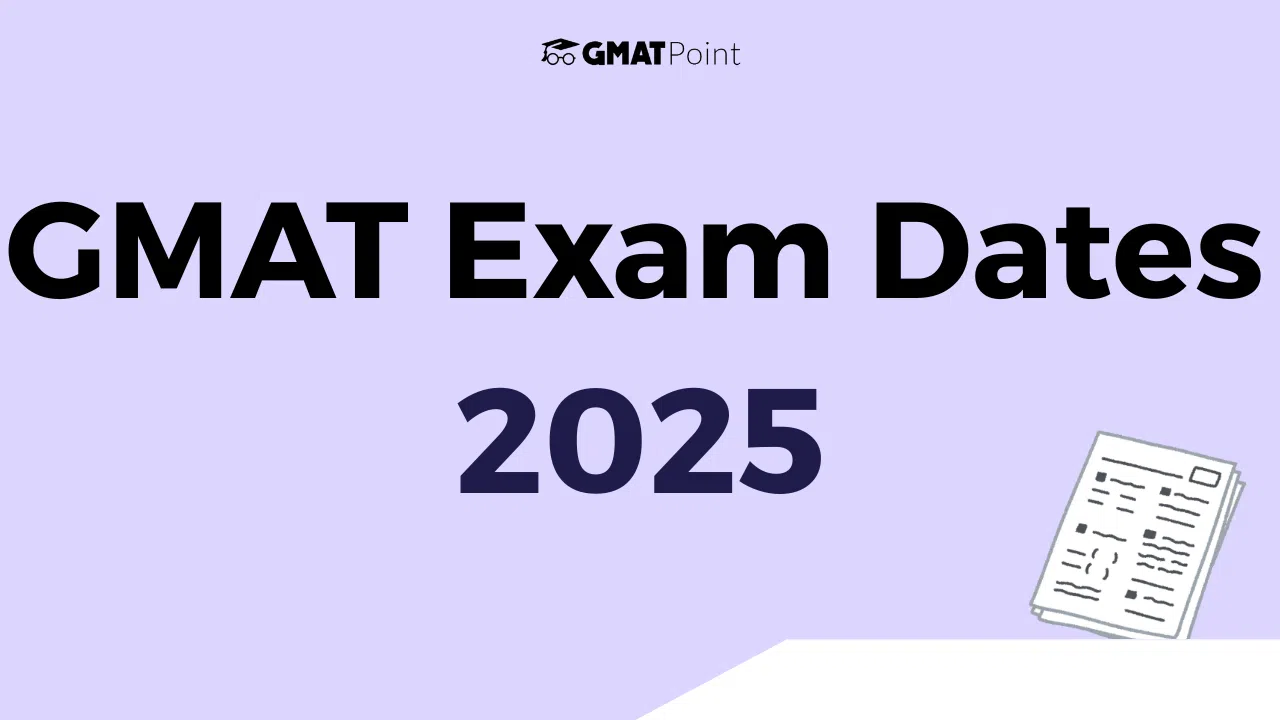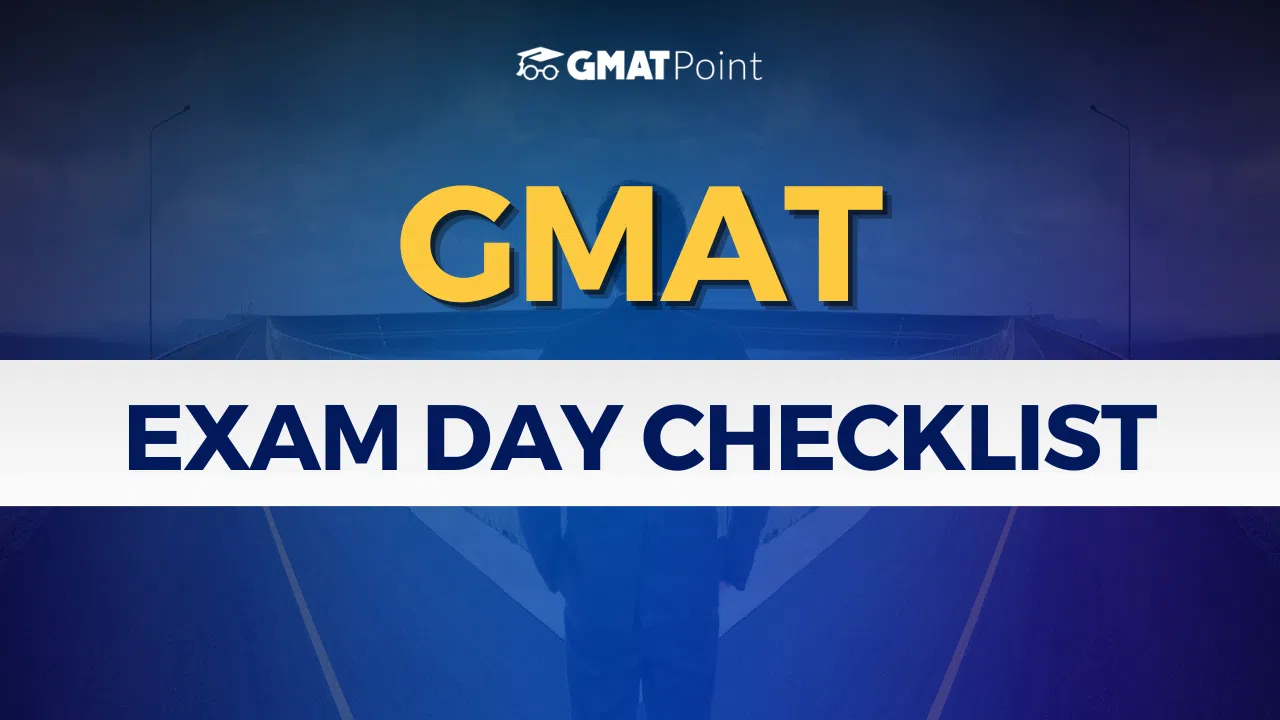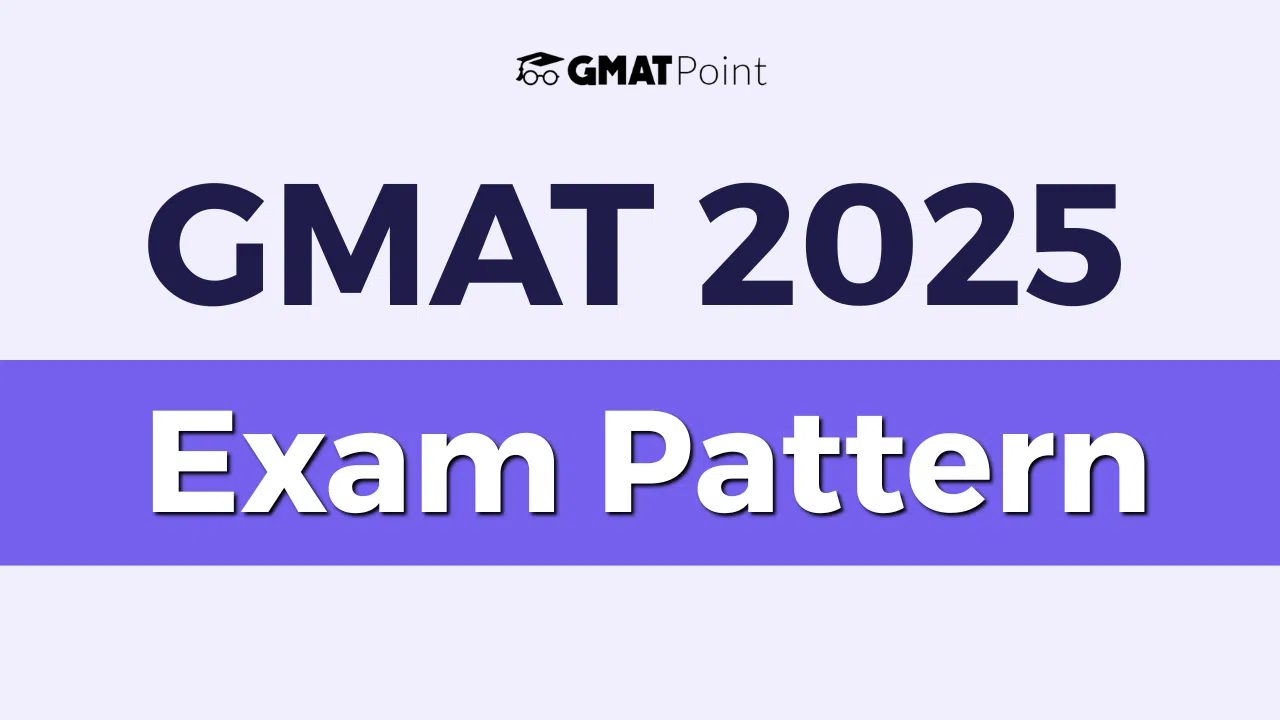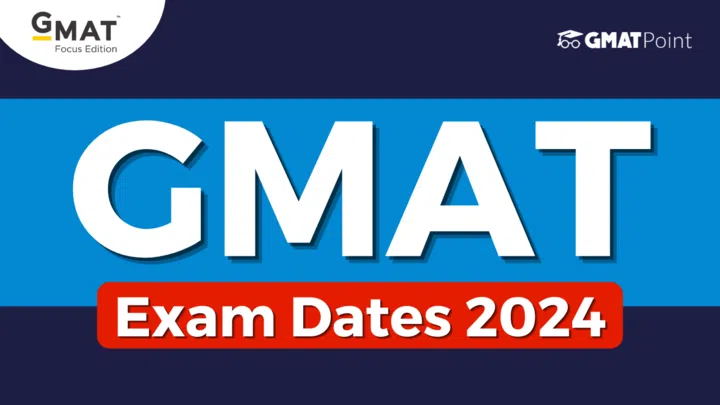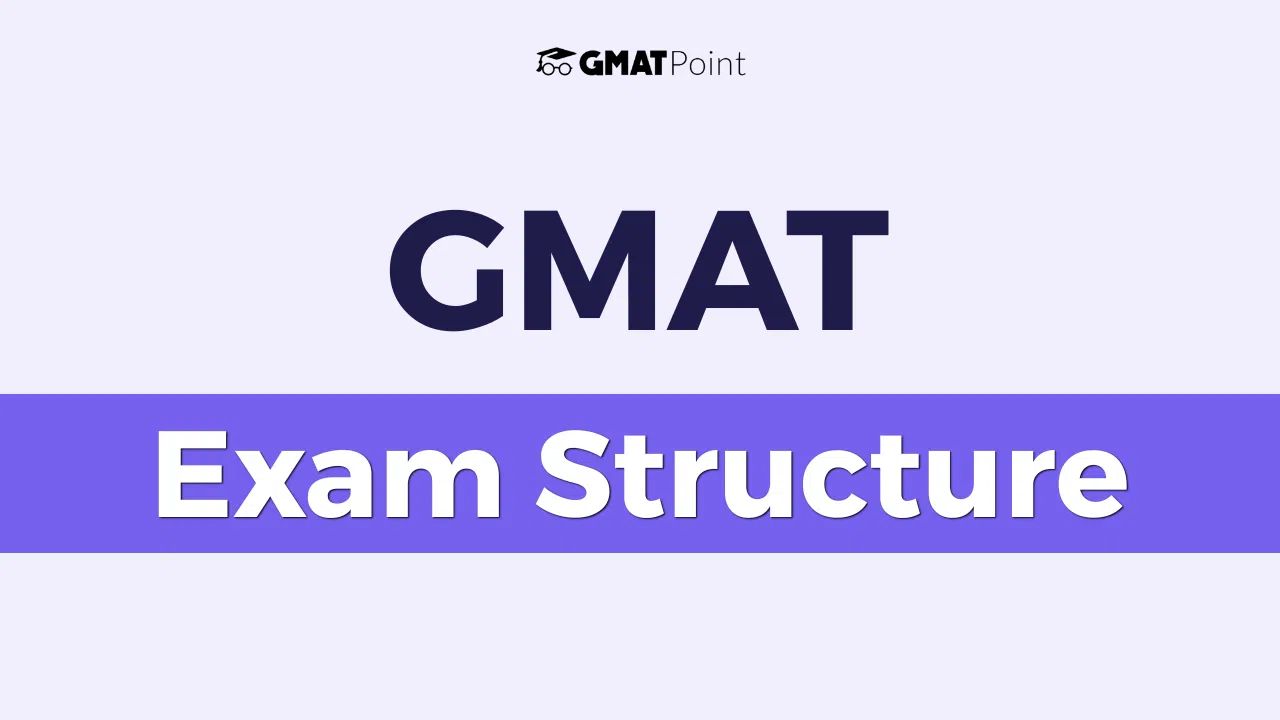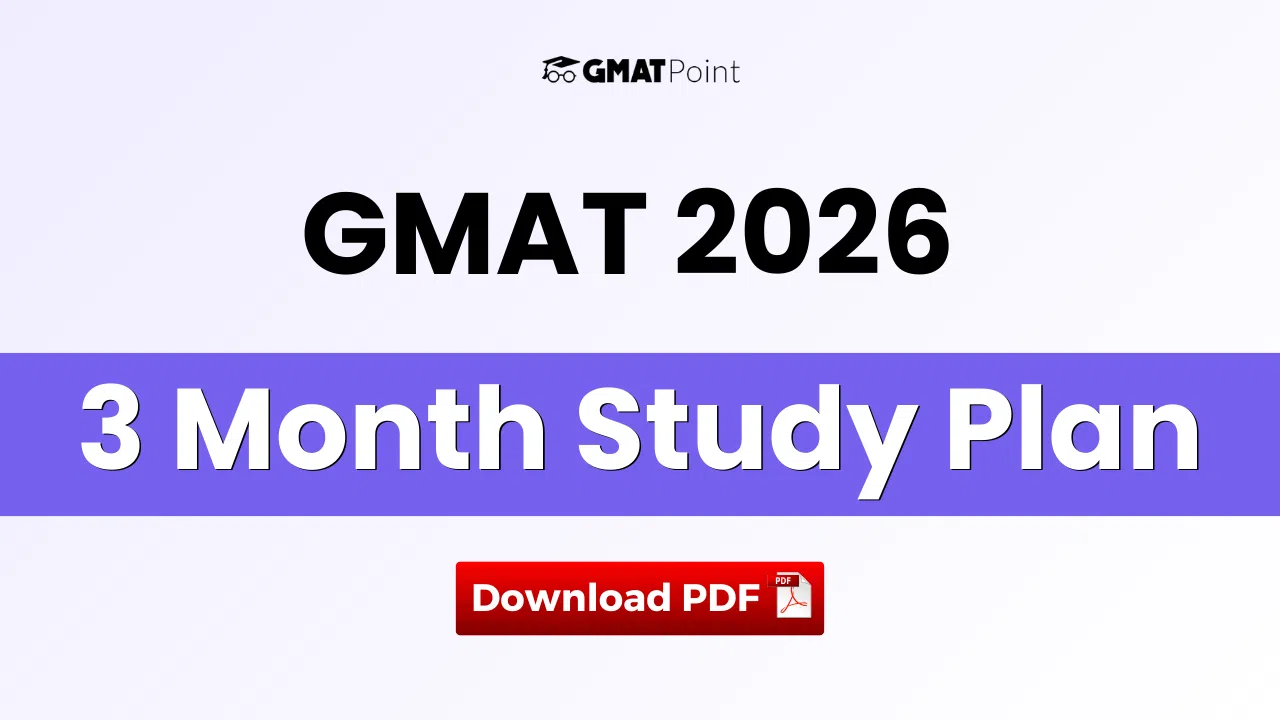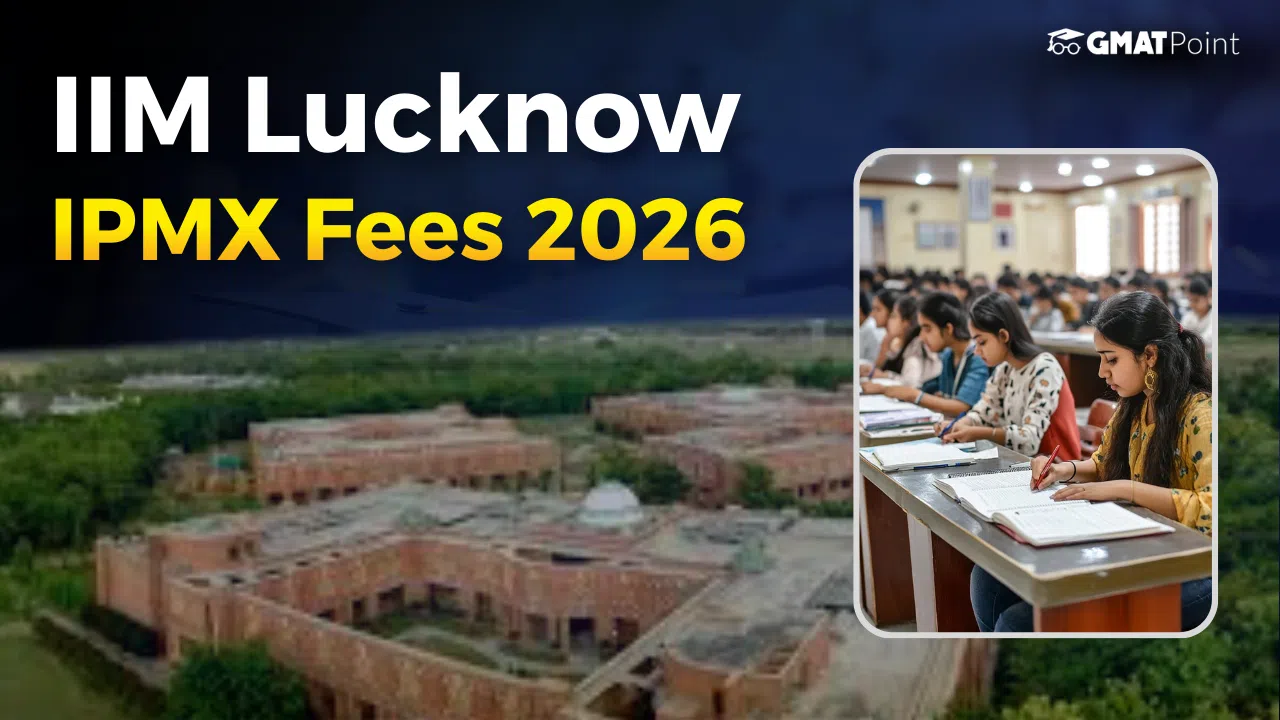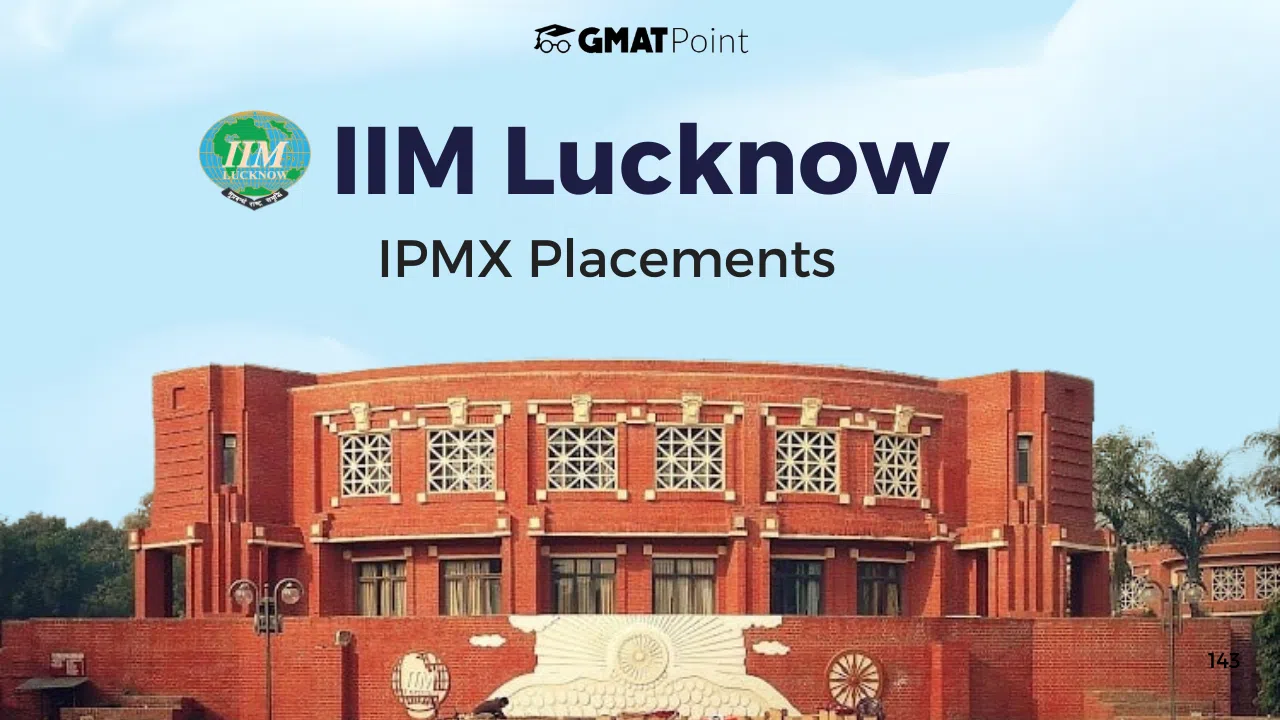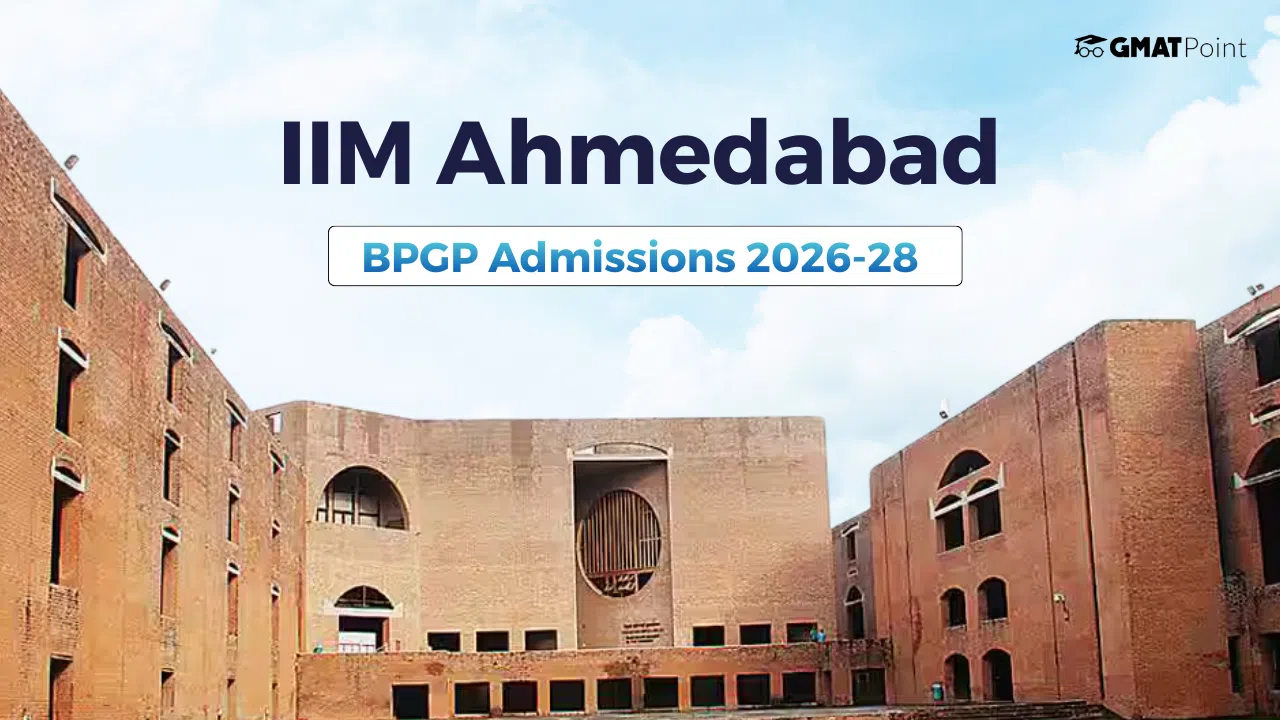Best Time to Take the GMAT Exam?
When should you take the GMAT? It is a strategic question. The ideal plan is to test 12 to 18 months before your program starts to target Round 1. This round offers the best odds for admission and scholarships. However, the key here is timing. If you're aiming for a Fall 2026 start, the current focus needs to be on the Round 2 deadlines, which are typically in early 2026. This means the sweet spot for your testing is really between October and November 2025. It's all about getting your personal preparation in sync with those important upcoming deadlines.
Why Choosing the Right Time for the GMAT Matters
Think of your GMAT exam date as a key moment. An early test date frees your mind, allowing you to focus on essays, recommendations, and interview prep. A rushed timeline means juggling everything at once. The result? A weaker application.
An early test date also gives you a powerful, data-backed advantage: the retake.
- The Retake Advantage: The data is clear: 68.7% of GMAT retakers improve their scores. The average jump is about 30 points. That is not a small bump. A 30-point increase can take a 670 to a 700, changing your entire standing at top schools. Planning for a retake is not planning to fail. It is a smart strategy.
- The Financial Incentive: The way you manage your time and tasks can have a significant impact on your finances. The earliest application rounds offer the largest scholarship pools. This money disappears as later deadlines pass. A higher GMAT score is a key factor for merit-based aid. An early timeline that allows for a score-boosting retake can directly increase your chances of getting scholarship money.
A strong, early score builds confidence, gives your recommenders a powerful data point, and lets you choose schools more realistically.
Read More: GMAT Syllabus 2025, Exam Pattern, Section-Wise Syllabus PDF
Best Time to Take the GMAT for 2025-26 MBA Intakes
So, what is your date? To find it, start at the end. Your goal is to start your MBA in Fall 2026. Three main application rounds are common at most top business schools.
- Deadlines for Round 1: September to October 2025
- December 2025 to January 2026 is the deadline for Round 2.
- Deadlines for Round 3 are from March to April 2026.
Now that the Round 1 deadlines for the Fall 2026 intake have passed, the focus shifts to Round 2. Usually, these deadlines are in December 2025 and January 2026. You must have your GMAT score set before these dates in order to be eligible for Round 2. The best time to take your first GMAT test is between October and November 2025. This gives you a short but feasible window to retake the test before the final applications are due.
Read More: ISB PGP Application Form Last Date 2025, Check Now
When Should You Take the GMAT
Deadlines give you a map. But your readiness tells you when to start the journey. Here is the most important rule. Do not take the real GMAT until you hit your target score on three practice tests in a row. Three. Consecutive. Official practice tests. "Feeling ready" is not enough. That is just a feeling. You need data. Cold, hard facts.
How do you get there? With a solid study plan.
- Know Your Hours: Most people need 100 to 200 hours of study. This is usually spread over two or three months. Want a top score of 655 or more? Plan for over 120 hours.
- Do the Math: How much do you need to improve? This tells you how long to study. The numbers are clear.
- Need a 50-80 point jump? That is about 180 hours of work.
- Aiming for a 100-150 point increase? That could take up to 360 hours.
- Find Your Starting Line: You cannot plan a trip without knowing where you are. Start with a full practice test. This is your baseline score. The difference between this score and your goal score tells you how many hours you need. It sets your entire timeline.
Read More: GMAT Exam Structure 2026, Section-Wise Marking Scheme
How Application Deadlines Impact Your GMAT Test Timing
Application deadlines are firm. Miss one by a day, and you wait a year. It is that simple. To avoid this disaster, you need to understand the GMAT's own schedule. The logistics.
- Getting Your Score to Schools. Your score report usually arrives in 3-5 business days. But it can take up to 20 business days. That is almost a full month. You must plan for the longest possible wait.
- The Waiting Game. Need to retake the test? You have to wait. There is a mandatory 16-day waiting period between tests.
What does this mean for you? Your first GMAT attempt must be at least 40 days before your deadline. This gives you just enough time for one retake and score reporting. It is a tight squeeze. Starting late pushes you into later rounds. And later rounds are less ideal. Imagine studying in July for a September deadline. You take the test. Your score is low. Now what? You are forced into Round 2. This small mistake in planning can be costly. It can cost you a spot in the class. It can cost you a scholarship.
Mistakes to Avoid When Choosing Your GMAT Test
The GMAT is not just a test. It is a project. And you are the project manager. The biggest mistakes people make are not about math or grammar. They are about planning. Simple failures in planning and execution.
- Failing to Set a Date: No test date means no real deadline. Studying becomes a task for "later." Procrastination wins. Set an official test date. It forces you to be accountable. It gives your study plan a finish line. Studying without a test date is like training for a marathon without signing up for the race. You will never get there.
- Forgetting the Retake: More than two-thirds of people score higher on a retake. So why plan for only one attempt? That is a bad bet. Build a retake into your timeline from the start. That means adding the 16-day waiting period plus more study time.
- Ignoring the Clock: People think scores are sent instantly. They are not. It can take up to 20 business days. You must plan for this delay. It is the only way to be safe.
- Studying Blind: Just studying for hours is not a plan. It is a waste of time. You need a data-driven plan. Start with a practice test. Find your weak spots. Then, attack them. The quality of your study is far more important than the quantity.
Read More: How to Analyse a GMAT Mock Test?
When Should Working Professionals Take the GMAT?
Working full-time? Studying for the GMAT is tough. No doubt about it. You have to find time where there is none. This means being smart. And being efficient. Plan to study for 10 to 15 hours every week.
- Make a Schedule. Stick to It: Put your study time on your calendar. Treat these blocks like important work meetings. You cannot cancel them. A good plan? 1-2 hours on a few weekdays. Then a longer 4-5 hour session on the weekend.
- Use the Small Moments: You have small pockets of free time. Your commute. Your lunch break. Use them. A 15-minute quiz on your phone. Flashcards on the train. These small moments add up. They become hours of study
- Take GMAT Mock Tests: Take GMAT mock tests on weekends to keep your preparation in check, and GMAT mock tests will help you build confidence for the exam day.
Best Time to Take the GMAT Exam?: Conclusion
Choosing the best time to take the GMAT is not just about convenience; it’s about strategy. For those targeting Fall 2026 MBA programs, taking the GMAT between October and November 2025 aligns perfectly with Round 2 deadlines. This window gives you the flexibility to retake the exam if needed, prepare essays, and apply early for scholarships. The earlier you test, the more control you have over your entire application timeline.
A well-timed GMAT attempt can make a real difference in your admission results. With an early score in hand, you can build a stronger, more confident profile, allocate time for interviews and recommendations, and approach the MBA journey with less stress. Remember, planning early and testing smartly are your biggest advantages in securing a seat at a top business school.




